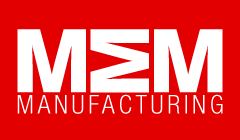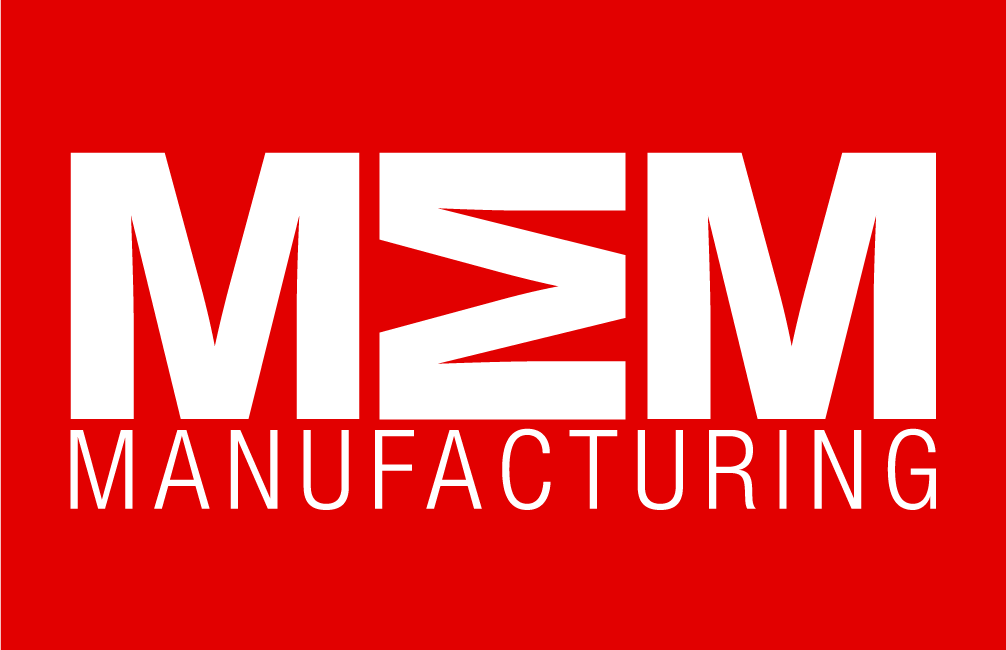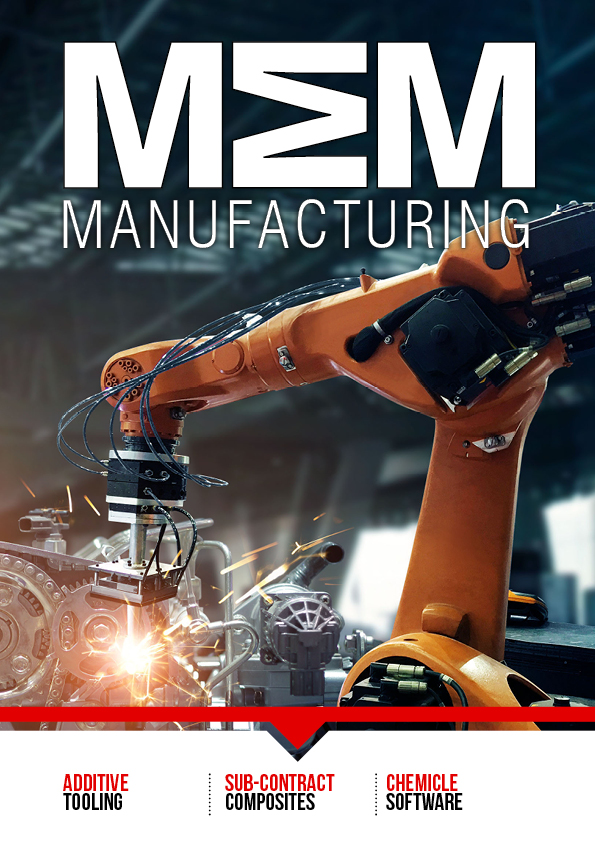Software must join hardware at the centre of UK manufacturing operations : Written by: George Haddaway, Regional Vice President – UK at M-Files
The key to success in manufacturing used to rely exclusively on going to market with a reliable, tangible product. However, times have since changed, as manufacturers now need to manage volatile customer expectations, along with the adoption of new technologies. These shifts have pushed the importance of software to the forefront alongside hardware.
With increasing external economic demands in the industry, how much could software contribute to giving manufacturing firms the edge in an industry formerly dominated by hardware?
A challenging climate
A bleak economic outlook compounded by rising material and labour costs continues to mount pressure upon UK manufacturing. Investing hard-earned capital into software solutions right now may feel like an unsuitable time for manufacturers to commit to such expenditure.
Despite economic volatility, there is certainty in manufacturers needing to recognise the long-term benefits over any short-term fears they may hold when it comes to investing.
Automation and modern technology can add value to manufacturing firms by helping deliver seamless services which greatly improve client relations as well as support employees’ roles and daily functions by increasing efficiency and productivity.
Keeping up with the competition
The importance of both hardware and software across the manufacturing industry continues to become increasingly intertwined. Solutions such as AI, 3D-printing and robotics have all contributed towards ensuring manufacturing firms can offer better services whilst reducing the risk of human error as well.
Manufacturing firms who fail to keep up with competitors who invest in software will find themselves lagging behind as they miss out on automation at a time when staffing shortages is a genuine threat to operations. Maximising staffing efficiency through the power of automation will sharpen the competitive edge of manufacturers in the long-run.
Recent research of 2,450 manufacturing businesses revealed that 57% of manufacturers who experienced genuine business growth over the past 12 months had prioritised tech investments.
Software solutions bring benefits to the client-facing as well as internal processes of manufacturing operations. As mentioned, the power of AI and 3D printing have enabled manufacturers to produce higher quality products, more efficiently and at less financial cost.
On an internal level, manufacturing firms can now deploy the latest software solutions to streamline day-to-day functions, Metadata-driven solutions are also available to ensure professionals in manufacturing can handle and share data with ease and more importantly, securely.
With the nature of the industry, being able to prevent human error, data siloes and content chaos will bring a level of security and efficiency many have not experienced before implementing software solutions. Taking the time to zoom out and focus on the importance of necessary digital integrations will be the stride many manufacturing decision-makers need to take to generate a competitive edge.
Promoting compliant practices
Ensuring your business is data-compliant is not only an important detail for client-facing operations, but also a legal requirement. Operating outside GDPR compliance could result in substantial fines and have a severe financial impact on some firms.
Handling and sharing data without the aid of modern information management software can be confusing and increases the likelihood of human error. Manufacturers who implement innovative document management solutions drastically reduce the risk of human error affecting data compliance, as these platforms work as a central system with automatic updates, permissions and workflows. As well as this, metadata-driven document management solutions specifically ensure users can find and access the correct version of a document on every occasion, enabling users to work more efficiently and collaboratively
Through manual handling of data, users can often waste time sourcing documents which may or may not be the correct version they were looking for. Deploying the latest solutions to ensure operations run smoothly and compliantly ensures employees can work in an environment which is not hindered by content chaos and human error when it comes to handling data and manual processes, further highlighting the importance of information management software to the manufacturing world.
Performing a balancing act
Gone are the days of manufacturers building their success and reputation upon the foundations of a reliable product only. The current economy demands more from firms for both customers and employees.
Manufacturers are under enough pressure right now and automation is on-hand to facilitate their daily operations by ensuring they focus on producing their core products..
For manufacturers looking to sharpen their competitive edge, committing to software and placing it alongside hardware at the centre of operations will prove valuable in the long term.
Manufacturing & Engineering Magazine | The Home of Manufacturing Industry News
















